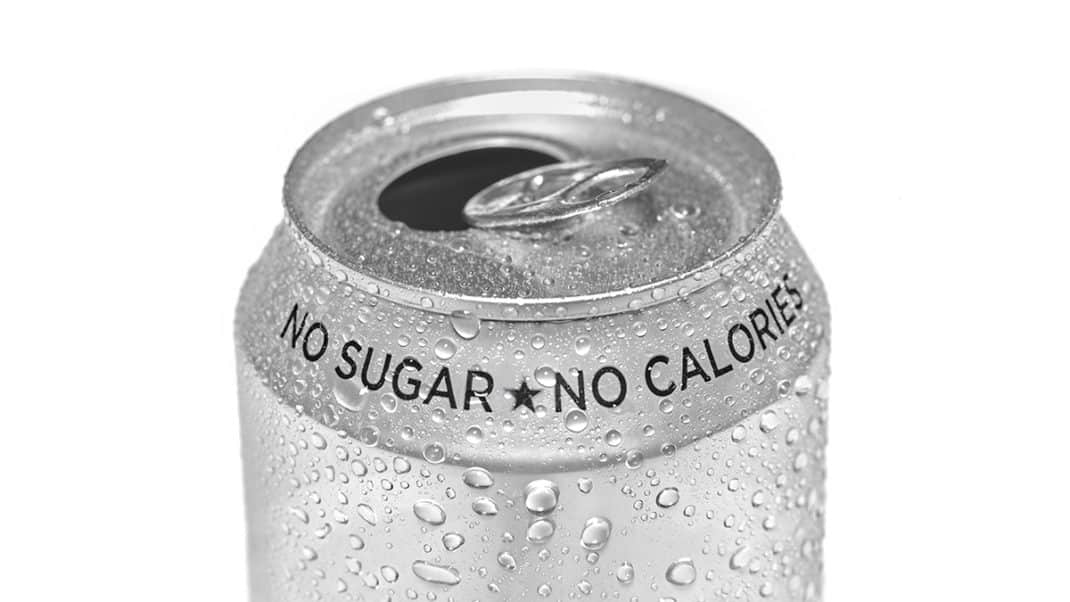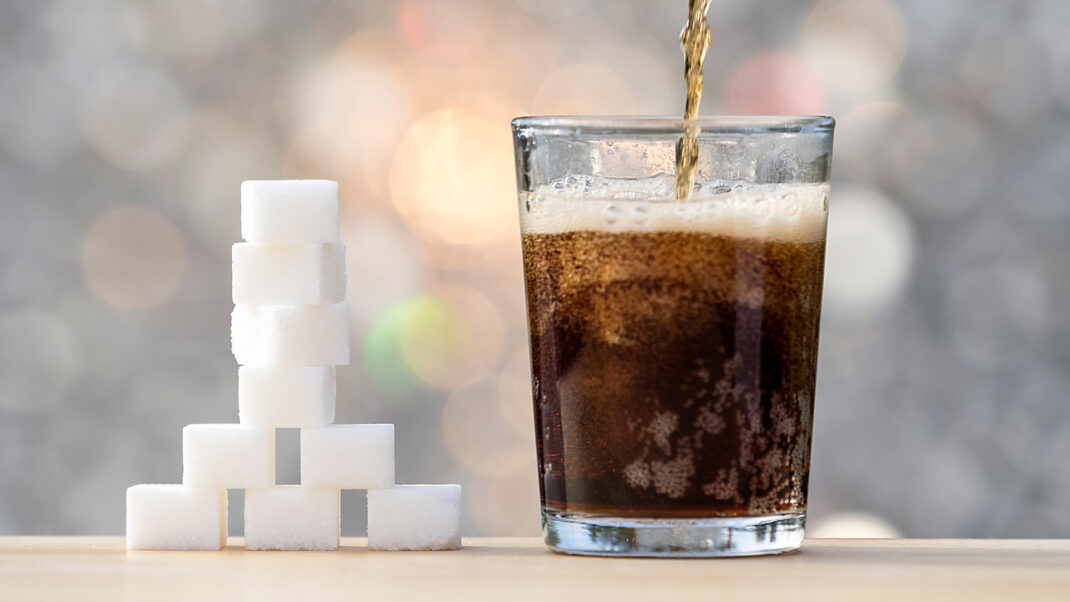Artificial Sweeteners and Cancer Risk
Are those sweet additives really safe?

Artificial sweeteners reduce added sugar content of drinks and foods and, in turn, corresponding calories, but the safety of these additives has long been the subject of debate. Now, new data may leave more of us proceeding with caution. A 2022 investigation in PLOS Medicine suggests that certain artificial sweeteners are associated with increased cancer risk.
The researchers from France associated higher-than-median intake of artificial sweeteners in 102,865 French adults with a 13% increased risk of overall cancer. Aspartame and acesulfame-K posed the greatest risk, compared with no intake. Higher risks were observed for breast cancer and cancers typically related to obesity.
The potential mechanism of this carcinogenicity is unknown, and the self-reported dietary data is a notable study limitation. Plus, it’s not yet known how much of these noncaloric sweeteners would be a threshold for cancer risk. A single diet soda a day would likely be more benign than multiple servings a day.
See also: Delicious Danger? A Research Update on Artificial Sweeteners
Matthew Kadey, MS, RD
Matthew Kadey, MS, RD, is a James Beard Award–winning food journalist, dietitian and author of the cookbook Rocket Fuel: Power-Packed Food for Sport + Adventure (VeloPress 2016). He has written for dozens of magazines, including Runner’s World, Men’s Health, Shape, Men’s Fitness and Muscle and Fitness.





